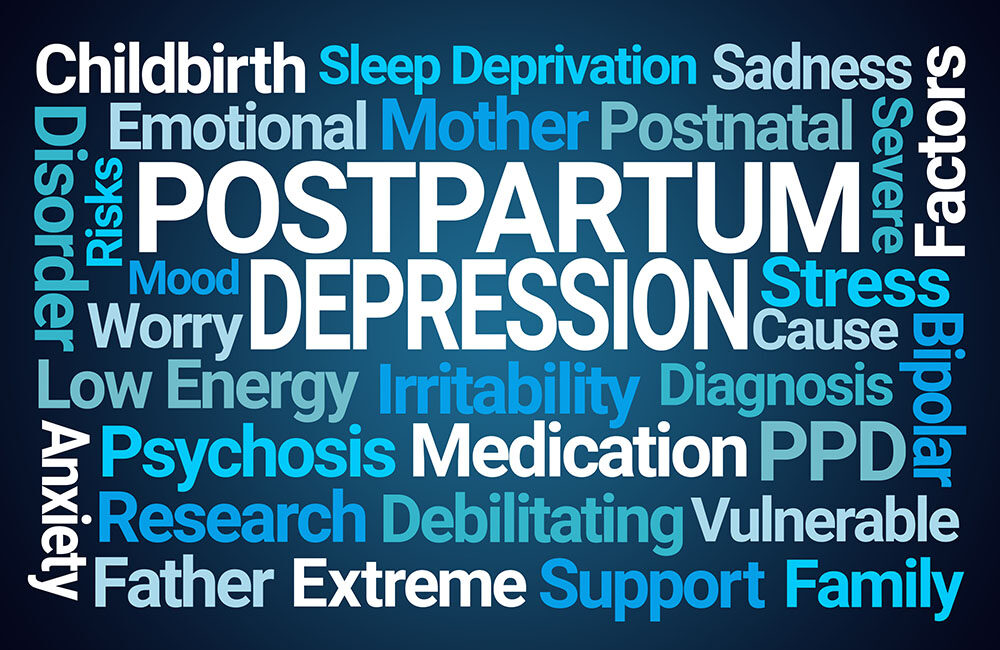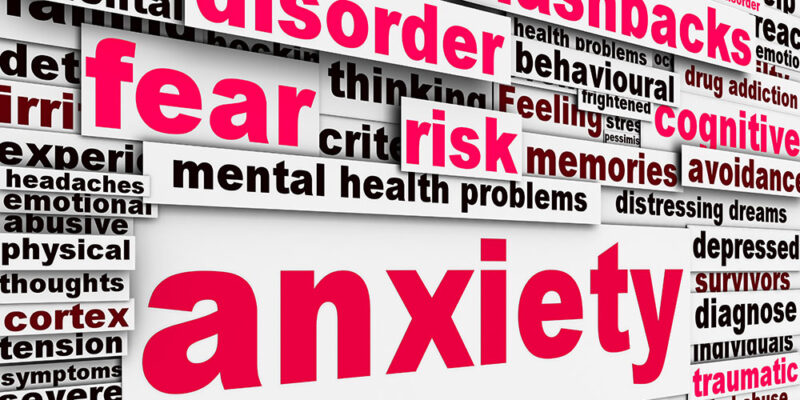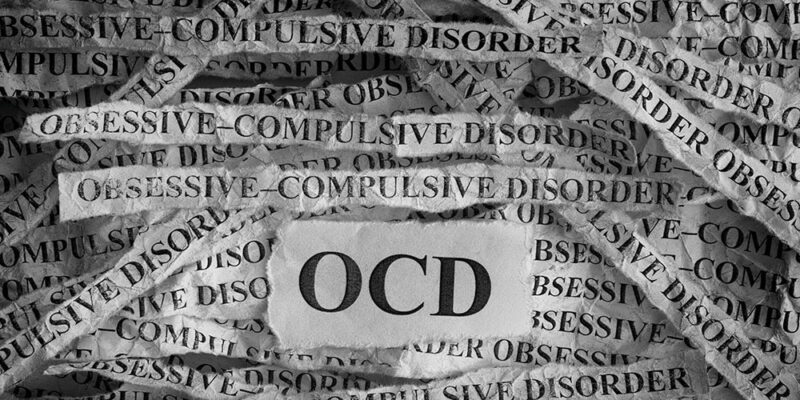Postpartum Depression (PPD)
So what exactly is Postpartum Depression and what causes it?
Postpartum Depression is the most used term to cover an array of reactions which occur after birth but are now known also to occur in pregnancy. Postpartum Depression has been the general term used to cover not only Postpartum Depression but Postpartum Adjustment Disorder, anxiety disorders (such as PTSD, GAD and Panic Disorder), Obsessive Compulsive Disorder (OCD)*, Psychosis and Mania. But all of these reactions are distinct prenatal and postpartum disorders or syndromes.
Research has shown that there is no single cause that explains the changes in the emotional state of women after birth. It seems to stem from a combination of factors which may include biological, psychological, and environmental elements. These are the risk factors which come into play and may cause prenatal and postpartum reactions including Postpartum Depression.
Here we will focus on Prenatal and Postpartum Depression
Biological Factors:
- There are significant hormonal changes in pregnancy and following birth. These hormonal changes may contribute to a reaction in pregnancy or after birth in some women.
- Symptoms of depression or anxiety during pregnancy
- Postpartum Reactions after previous births
- History of emotional disorders
- Family history of postpartum reactions or other emotional disorders
- Nursing and Weaning: For some women nursing is a calming experience, yet for others it is not. Weaning can also be a period of emotional instability for some women
- Thyroid Imbalance occurs in some women after birth and may cause mood disturbances and must be sorted it by a physician or it can have significant negative ramifications medically
Psychological Risk Factors
- Previous unresolved psychological problems
- Personality traits such as negative thinking, need for control or perfectionism
- Complex family of origin experiences such as neglect or abuse
- Death of someone close or unresolved losses
Environmental Risk Factors
- Financial Stress
- Marital difficulties
- Lack of support
- Medical complications in mother or baby in pregnancy or after birth
- Unusual difficulties with baby
- Difficult pregnancy/birth
- Very young mother
- First birth
- Multiple pregnancies in close proximity
The symptoms of Postpartum Depression appear in three spheres: emotional, physical, and cognitive.
Emotional Symptoms of Prenatal or Postpartum Depression
Symptoms commonly include: Low mood for most of the day, a feeling of loneliness, sadness, distress, anxiety, lack of patience, irritability, unexplainable angry outbursts, despair, emotional fragility, fear of inability to cope as a mother, crying, a feeling of indifference or even disgust towards the new baby, lack of desire to care for the baby, guilt, embarrassment, a feeling of failure, low self esteem, lack of motivation, self criticism and self-hatred, tension, pessimism, lack of interest in activities which were formerly enjoyable, avoidance of social interactions
Physiological Symptoms of Prenatal or Postpartum Depression
Chronically tired, uncomfortable bodily sensations, difficulty breathing, difficulty functioning and doing even small tasks, changes in sleep patterns—either too much sleep or insomnia, changes in eating habits—either overeating or lack of appetite, nausea and/or stomach aches, pain the chest or head, tiredness, changes in body temperature, trembling.
Cognitive (Mental) Symptoms of Prenatal or Postpartum Depression
Lack of concentration, difficulty in making decisions, confusion
In certain circumstances of deep depression a person may think often about death or suicide. If one has a concrete plan about suicide they must go the hospital emergency room or see a psychiatrist immediately
In a nutshell a list from the DSM of symptoms one might have if depressed
- Low mood for most of the day, loss of interest in normally enjoyable activities, nearly every day
- Loss of weight—not deliberately, and loss of appetite
- Recognizable difficulty falling asleep or sleeping
- Change in level of activity
- Tiredness and lack of energy
- Strong feeling of low self-esteem and/or guilt
- Inability to think, concentrate, and make decisions—almost every day
- Thoughts of suicide
Contact NITZA to clarify any questions you may have or if you think you need help.
*Obsessive Compulsive Disorder (OCD) has now been omitted from anxiety disorders in the most recent DMS manual, the DSM-5, and is considered a disorder on its own, but is still considered an anxiety disorder by many clinicians for all intents and purposes
 ניצה
ניצה




